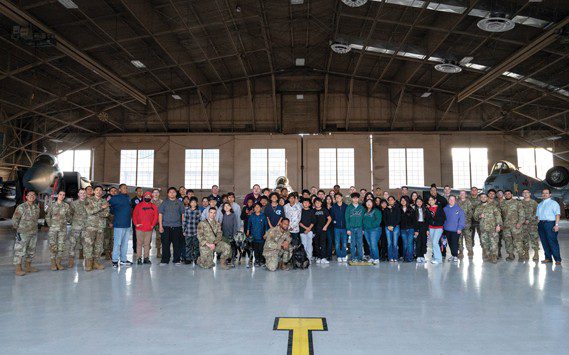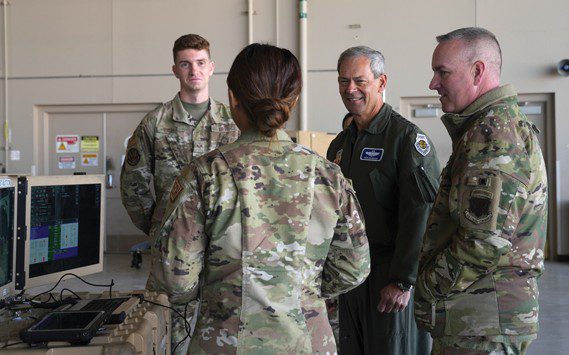Like many of us, my first experience leading teams came through sports. Unlike natural athletes, I wasn’t tall or fast, which led me to focus on wrestling. It was a good fit because from day one the coaching staff emphasized the importance of hard work. Our head coach would incessantly scream, “There is no secret to success; it’s hard work!” As it turned out, my coach knew what he was talking about.
That phrase drove me to make sure I outworked any opponent I stepped on the mat against. The effort I put in led to results, but what I didn’t know was that my priorities were off.
That realization came during college application time when I experienced a rude awakening. While I was thriving athletically, my lack of hard work in the classroom was exposed. Top-notch institutions were letting my coach know I would not receive a scholarship because I did not meet their academic standards. With a “vector check” from my parents and coaches, I focused my competitive spirit into the classroom.
I still remember the look on my coach’s face when I let him in on the secret, the answers are all right in the book!
My failures in the classroom were not a matter of ability, but priority. I had never valued being the best in the classroom, so I didn’t put the work in to be successful. This revelation highlighted the importance of prioritization and changed how I attacked life.
Once I had the right mindset, I sometimes struggled to apply it. One such instance was my first deployment. As a first lieutenant, I was shipped to the Middle East where I would spend the next year embedded with the Army.
I was part of a three-member team responsible for the day-to-day grind needed to execute approximately $4 billion to help build up the Iraqi infrastructure. We did not have the elaborate systems I had in Garrison.
Instead, much of the work was captured on spreadsheets, which led to long nights of monotonous work that demanded accuracy and financial acumen. At the seven-month mark I was feeling the tolls of a mission that never stops. Fortunately, it was time for my two-week rest and recuperation break, and I eagerly headed home to see my wife.
Although the extra month beyond the normal “mid-tour” had taken a toll, the payoff was worth it. My wife and I had timed it perfectly so I was able to be there for the birth of my first daughter. This early combination of being a downrange Airmen, husband and father set the tone for the coming years… it was going to be hard work and prioritization would be paramount.
To this day, I still struggle with prioritization. As a high-schooler, my coach counseled me, “It doesn’t matter that you’re a state champion wrestler if you can’t get into college.” As an officer, generals have counseled me, “It doesn’t matter if you become a general, if you lose your family along the way.” Life is demanding no matter where you are in the journey. Every role we take requires us to give time, energy and effort, but how much we give to each role is a matter of prioritization. Given that reality, it’s important to understand what our personal priorities are and then to surround ourselves with Wingmen who are willing to challenge us to keep them. Communicate with your leadership, friends, and family what your values are so that you have multiple avenues of feedback when your actions fall out of alignment with your priorities. This approach will help you determine where you need to put in the hard work with your limited bandwidth.












